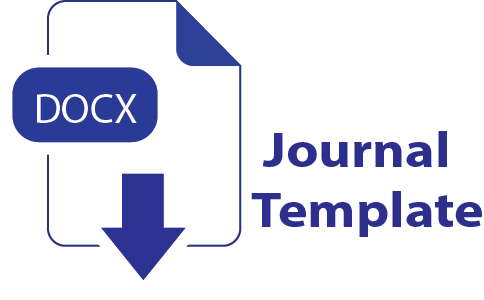PENGUATAN PERAN BUMDES DALAM PEMANFAATAN SAMPAH MENJADI BAHAN BAKAR DALAM RANGKA MENDUKUNG PROGRAM PEMERINTAH MEWUJUDKAN GREEN ECONOMY
Abstract
References
Chambers, R. (1996). PRA (Participatory Rural Appraisal): Memahami Desa secara Partisipatif (edisi terjemahan). Yogyakarta: Kanisius.
Cresswell, J. W. (2013). Research Design: Qualitative, Quantitative, and Mixed Methods Approaches(4th edition). Thousand Oaks, California: SAGE Publication Inc.
Hamama, S. F., Maulida, M., Suryani, S., Hasanah, H., & Aryani, I. (2022). Socialization Of Inorganic Wasrte Through The Waste Bank Program. ABDIMU: Jurnal Pengabdian Muhammadiyah, 2(2).
Haryanti, S., Gravitiani, E., & Wijaya, M. (2020). Studi penerapan bank sampah dalam upaya pengelolaan lingkungan hidup di Kota Yogyakarta. Bioeksperimen: Jurnal Penelitian Biologi, 6(1), 60-68.
Indrawijaya, B., Wibisana, A., Setyowati, A. D., Iswadi, D., Naufal, D. P., & Pratiwi, D. (2019). Pemanfaatan Limbah Plastik Ldpe Sebagai Pengganti Agregat Untuk Pembuatan Paving Blok Beton. Jurnal Ilmiah Teknik Kimia UNPAM, 3(1), 1-7.
Nisa, S. Z., & Saputro, D. R. (2021). Pemanfaatan Bank Sampah sebagai upaya Peningkatan Pendapatan Masyarakat di Kelurahan Kebonmanis Cilacap. Bantenese: Jurnal Pengabdian Masyarakat, 3(2), 89-103.
Sugiyono. (2012). Metode Penelitian Kuantitatif, Kulitatif, dan R&D. Bandung: Alfabeta.
Supratikno, S., & Ratnanik, R. (2019). Pemanfaatan Limbah Plastik Sebagai Pengganti Agregat Kasar pada Adukan Beton. J. Tek. Sipil ITP, 6(1), 21-29.
Supriatna, A. (2014). Relevansi Metode Participatory Rural Appraisal dalam Mendukung Implementasi Undang- Undang Pemerintahan Desa. Jurnal Lingkar Widyaiswara, 1(1),39-45.
Taylor, S. J., Bogdan, R., & DeVault, M. (2015). Introduction to Qualitative Research Methods: A Guidebook and Resource. New
Jersey: John Wiley & Sons. Wahyudi, N. T., Ilham, F. F.,
Kurniawan, I., & Sanjaya, A. S. (2018). Rancangan alat distilasi untuk menghasilkan kondensat dengan metode distilasi satu tingkat. Jurnal Chemurgy, 1(2), 30-33.
Full Text: PDF










